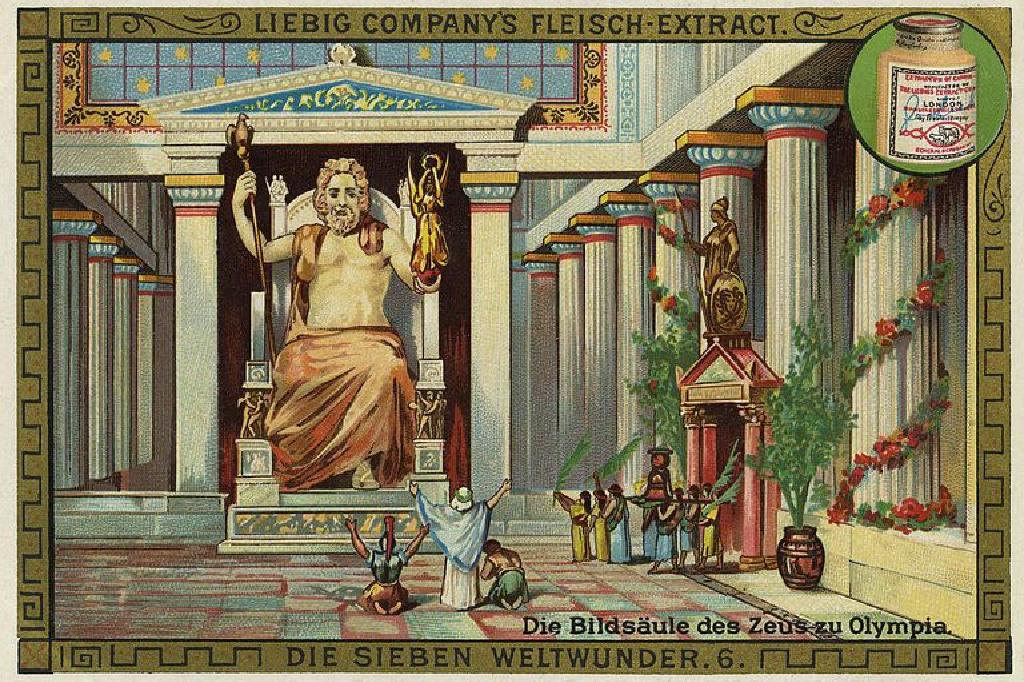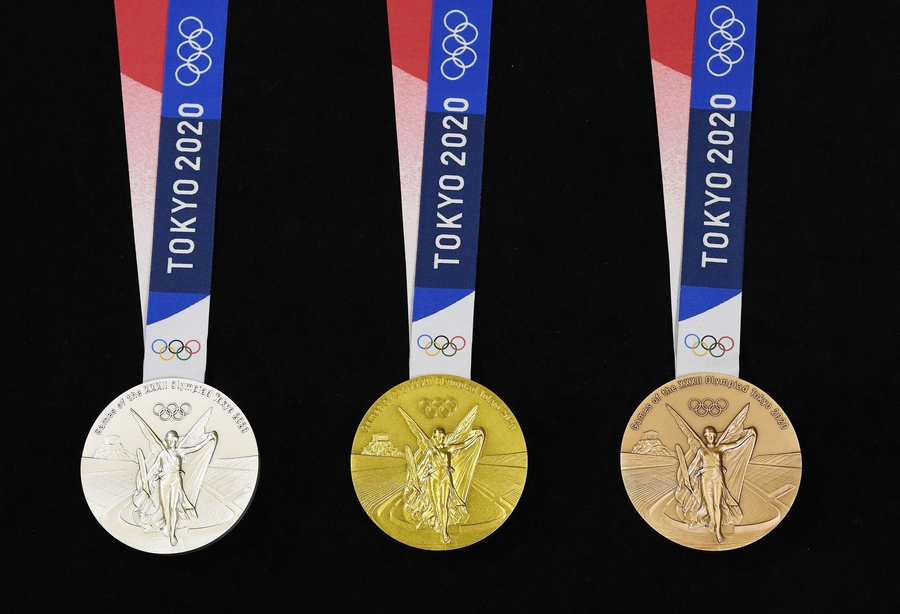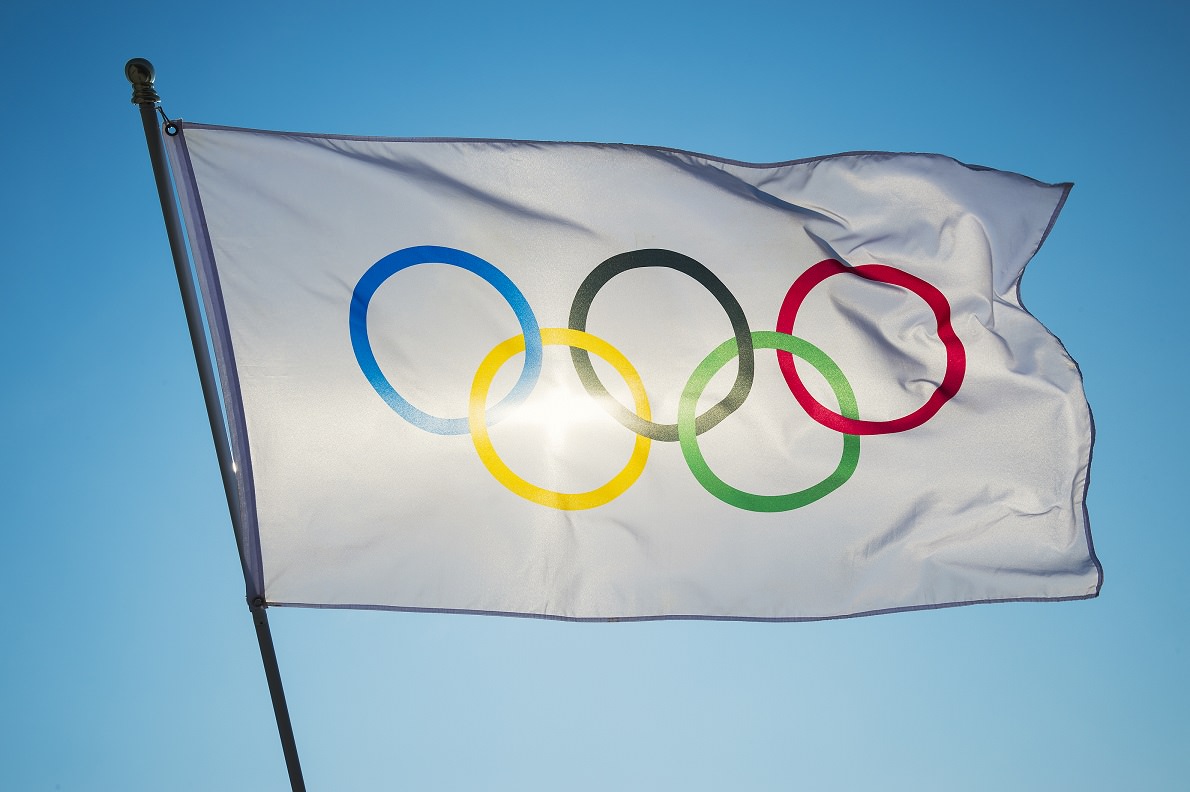The Olympic Games are a magnificent multi-sport competition, held every four years. According to records, the first Olympic Games were held in 776 BC, while according to Aristotle’s records, they were founded by Ifitos from Ellis. However, some historians think that everything started around 1500 BC. This is supported by the text found on a disk excavated in Olympia: “Asclepiad, the athlete, dedicates this disk to Zeus at the 225th Olympics.”
Greeks from all polises, and even from the colonies, gathered every four years in the city and the holy valley of Olympia, in the Peloponnese, where they attended competitions – the Olympic Games.
Although the Greeks were divided into many states – polises, they were united by a common language, religion, customs, various ceremonies – and the Olympic Games.
During the Games, peace reigned, and the warring parties would cease hostilities. The games lasted five days. On the first day, a sacrifice was offered to the god Zeus, and the participants took an oath that they would fight honorably.
At the time, the athletes were men from the polis of Greece and from the cities of the Greek colonies, and they competed exclusively as individuals. The victory marked the pride of the city where the contestant came from.
It is important to note that racing was the only competitive sport in the first 15 Olympic Games.

Olympic Games Rules
The rules were very strict. Only men who were born free could participate in the games, and the condition was that they be of Greek origin. To them, these games represented a struggle for honor and supremacy. In addition, participants were required to train for 10 months before the competition. They were not allowed to commit wrongdoing, which included blasphemy, theft, or violation of holy peace.
The women were forbidden to participate, and they were not allowed to appear as spectators. To make sure the men were competing, the athletes went out on the field naked. Women could only participate in Hera’s games, which were also held every four years, in honor of the goddess Hera, the lawful wife of Zeus.
Sports disciplines
We mentioned a moment ago that in the first 15 Olympic Games, the only discipline was racing, then the games were gradually added. One of the more popular disciplines became wrestling, which resembled today’s, where the goal is to throw the opponent on the ground, on his back. It was allowed to break fingers at that time, but a bite and injury to the genitals were forbidden.
At the same time, the discipline of discus throw was at the top of popularity. The strength of the competitors was crucial, but precision and rhythm brought victory. The javelin throw was equally interesting, and the contestants also had to master the skills of excellent coordination and calmness.
Long jump, running, horse riding, car racing, and pankration (a combination of wrestling and boxing) were another in a series of sports that gathered many spectators on the battlefields. However, few people today know that the Olympic Games did not hold an exclusive category that involved only physical activity. Competitions in poetry, music, as well as other arts were equally represented.

Religious significance
The Olympic Games also had great religious significance. They were held in honor of the supreme god Zeus, to whom a magnificent statue was erected at Olympia. With the strengthening of Christianity, they began to consider them a celebration of pagan deities and rituals. They were banned in 339, as a pagan ceremony, by the Roman emperor Theodosius. History tells us that he proclaimed Christianity the only religion of the Roman Empire. By then, 109 Olympic Games had been held.
Renewal of the Olympic Games – the modern Olympic Games
Baron Pierre de Coubertin, a French humanist and pedagogue, is most responsible for the revival of the Olympic Games, held in ancient Greece from 776 BC to 393 AD. He was the founder of the International Olympic Committee and its president from 1896 to 1925.
At the congress in Paris in 1894, the International Olympic Committee was established. The first president was the Greek Dimitros Vikelas (1894-96), he was succeeded by Baron Pierre de Coubertin (1896-1925), followed by the Belgian Latour (1925-42), the Swede Edström (1946-52), and the American Branded ( 1952-1972) and the Irish Lord Kilanin (1972-1980).
The function was taken over from him by the Spaniard Juan Antonio Samaranch, who was the head of the Committee until 2001, and the Belgian Zak Rog was the president until 2013.
The current president of the Olympic Committee is the German Thomas Bach.
The first Olympic Games of the modern age were held in 1896 in Athens.
About 280 competitors from 13 countries competed in nine sports: athletics, weightlifting, wrestling, fencing, archery, cycling, gymnastics, swimming, and tennis.
The first marathon race was held in Athens in memory of the warrior Filipides, who, according to tradition, ran over 40 kilometers, from the Marathon Field to Athens, to announce the victory of the Greeks in the battle against the Persians in 490 BC, after which he exhaled from exhaustion.
The local athlete Spiridon Luis triumphed in the race, who, in addition to the gold medal, also received the epithet of the nation’s hero.
Olympic awards
The first Olympic Games were won by Koroibos, a chef from the nearby town of Elis, who was the first to run the race, the so-called stadium at that time. The best of the best were awarded olive branches, but the real reward was getting their character carved in stone by artists in Greek cities.
At the first modern Olympic Games in Athens, medals were given only for first and second place. The winner gets silver, the second place bronze, while all the others receive participant commemorative medals.
The winning medal, which among collectors is almost priceless, was the work of the French sculptor Gilles Chaplain, while the solution of the memorial medal was given by the Greek painter Nikeforas Litras.
At the Paris Games in 1900, medals were not standardized or mandatory, so Olympic winners were awarded smaller works of art, and second-placed and third-placed competitors received practical items, some even umbrellas.
The Games in St. Louis in 1904 were crucial in the history of the Olympic Games. That’s when they first started to give the first-placed competitor a gold medal, the second-place earned a silver medal while the third-placed competitor took home a bronze medal. The International Olympic Committee liked it very much that since the Olympic Games in London in 1908, this distribution of awards became mandatory.

Symbol of the Olympic Games
Anthem
The Olympic anthem is the oldest symbol of the modern games, and although it was a great success in 1896, it was completely forgotten until 1958, when it was adopted as the official Olympic anthem at the 54th Congress of the International Olympic Committee in Tokyo.
The music was composed by the famous Greek composer Spiros Samaras to the verses of the poet Costas Palomas. It was so exceptional that at the Games’ opening in Athens when the Anthem was ended, it was accepted with such enthusiasm and applause that the musicians performed it again.
Since the Rome Games, it has been performed at all Summer and Winter Olympics. In addition, it has often served as an anthem to medal winners, who were not entitled to their anthem and other insignia due to political interference.
Flag
De Coubertin is the creator not only of modern Olympism but also the creator of one of the symbols of these Games – the Olympic flag.
He chose the white background color as the foundation of peace among the people. And then, five inextricably linked circles of different colors, symbolizing the five continents.
The Olympic flag first appeared at the 1920 Antwerp Olympics.
It is used in the closing ceremony when the host city’s mayor hands over the Olympic flag to the first man of the host city of the following games.

Olympic flame
One of the remarkable ideas of Pierre de Coubertin was to light the Olympic flame at the Olympic Games.
The idea has its origins in the beginning when man first saw fire.
Her gift – warmth, and her horror – fire, had to act on the man of that time as a sign of higher powers.
Since then, fire has remained the subject of something special. Even today, in the 21st century, the most emotional moments at the Olympic Games are related to lighting and extinguishing the Olympic flame.
The Olympic flame was first lit in Amsterdam in 1928. Since 1936, it has been regularly lit in the ancestral home of the Olympic Games, in Olympia in the Peloponnese.

Featured image by Gerhard G. from Pixabay
We do not own rights to these images. The images shown are for descriptive purposes only and are distributed freely across social media and online blog publications. If you have legal rights to these images, please contact us and we will remove them upon your request.


0 Comments